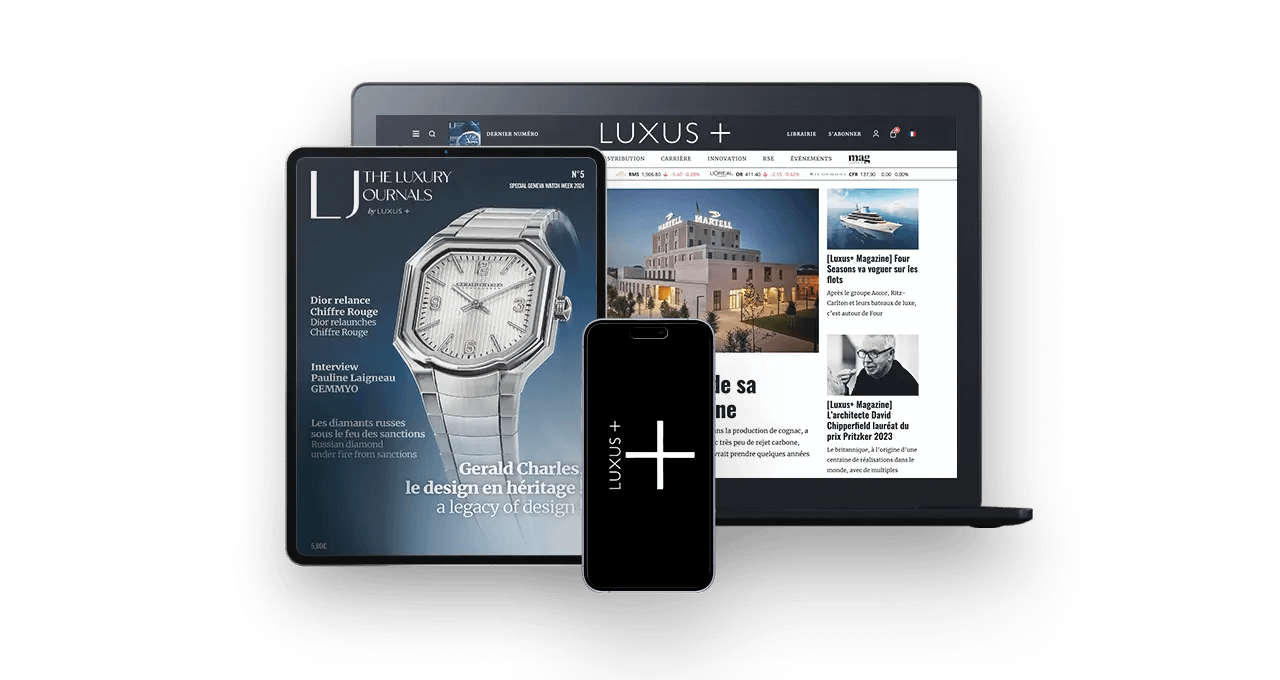On Wednesday, June 4, TEDxPanthéonSorbonne returned. On this occasion, six speakers, including Jonathan Anguelov, took to the stage of the Richelieu amphitheater. Among the topics discussed, the disappearance of luxury piqued the curiosity of Luxus Plus, who was in attendance.
Tedx is a format created in 1984 in Silicon Valley that has revived the conference in order to free the transmission of knowledge and experience. The principle: an expert or enthusiast, known or unknown, alone on stage, with a limited speaking time, no name dropping, no PowerPoint, but a captivating story “worth sharing.” This concept was introduced in France in 2009 by Michel Levy-Provençal, who created TedxParis.
Students from the prestigious Sorbonne University in Paris once again organized the famous event, this time a What If edition promising creative alternate histories where reality is never far away.
Among the speakers was Claire Gallon. She offers trend forecasting advice for brands as a partner and member of the executive committee of The Salmon Consulting (Havas Group), and is also a lecturer and author. She explored the grim fate that could await culture or even the city of Paris if luxury were suddenly banned…
Her alternate reality begins in 2040, a future that is far away and yet so close.
Through her personal narrative, the contemporary excesses of luxury come to light, such as the abolition of scarcity and questions of cultural appropriation. But as Claire Gallon shows, while the crisis in luxury is very real, it is by no means inevitable. She also proposes an unexpected tool to help luxury break out of the rut in which it seems to be stuck.
Catastrophe scenario
Claire Gallon has chosen a utopia worthy of the greatest science fiction dystopias, echoing the ghost town in the book Les Ruines de Paris by Nathan Devers, Yves Marchand, and Romain Meffre: the disappearance of luxury. We are now in 2040, and luxury has been gone for 15 years.
In a slightly provocative tone, Claire Gallon declares, “No more conspicuous consumption, no more flashy logos, no more influencers at the Cannes Film Festival. No more influencers at all to sell us the mirage of a life we couldn’t afford anyway.”
From an ecological standpoint, the news is cause for celebration, as no more fashion weeks means “no more traffic jams in Paris and, above all, 240,000 tons of CO2 saved per year for the planet.” On the social front, it’s “the end of visible inequalities in society.”
But behind this liberation from luxury lies another, more insidious reality: the drying up of subsidies for the cultural sector.
Read also > [COLUMN] What remedies for the current “luxury fatigue”?
Featured photo: © Victor Gosselin





































